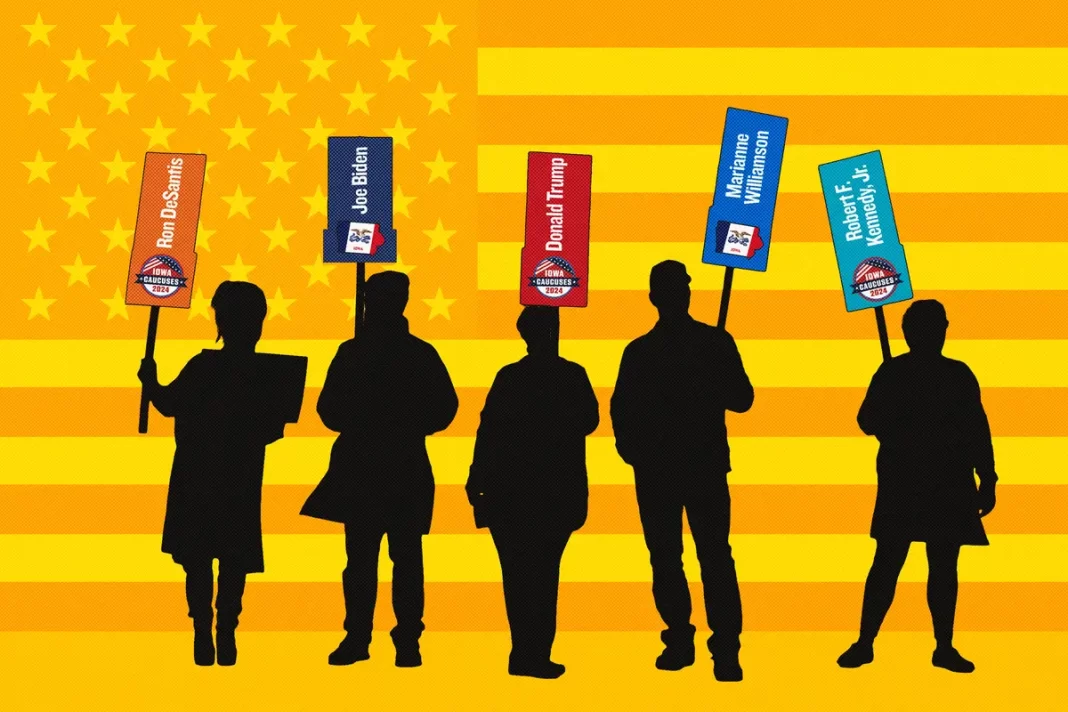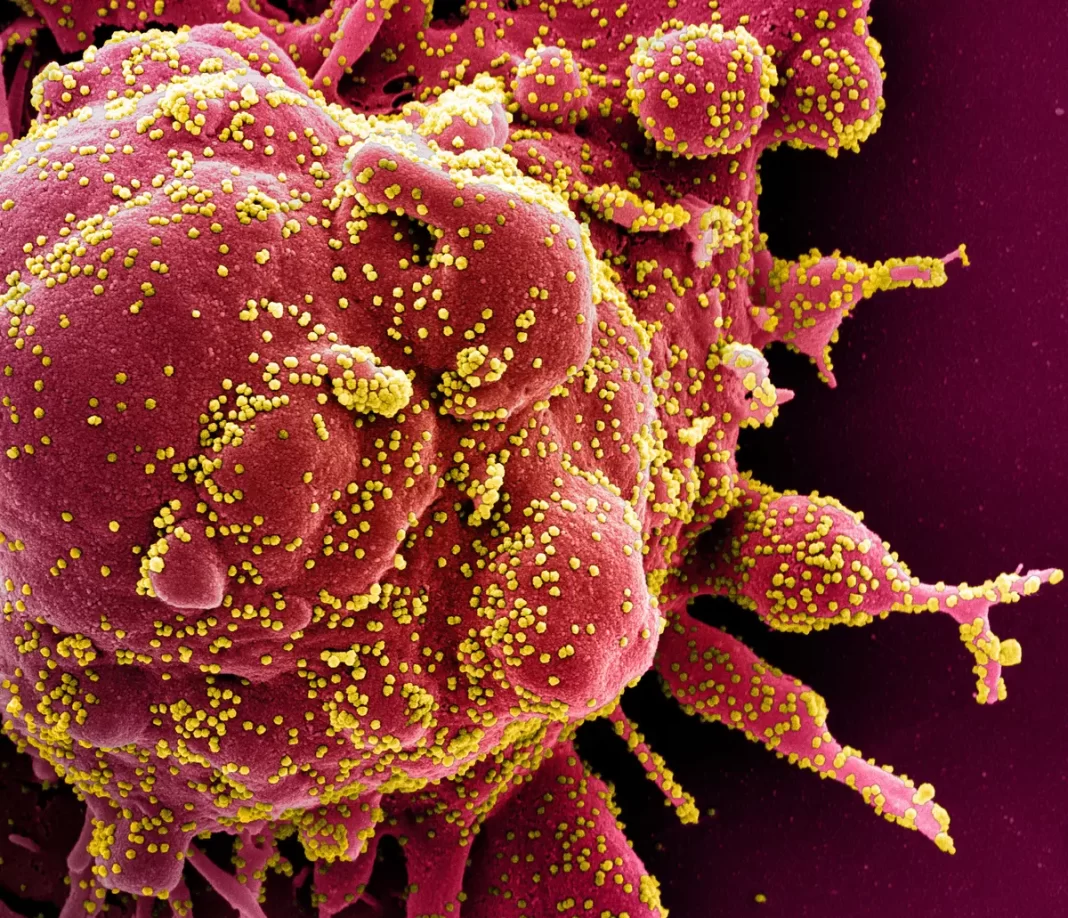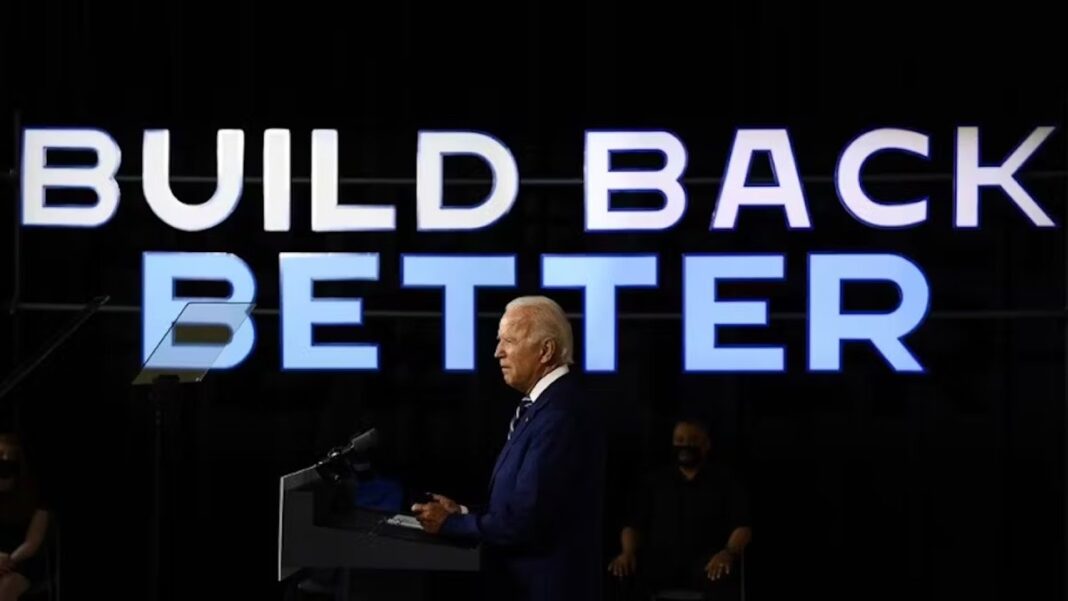Iowa caucuses play a large role in presidential politics but are little understood outside the Hawkeye State. Here’s what you need to know and why it matters.
The Iowa caucuses are the first major contests in each presidential election. However, caucuses differ from the primary elections held in most states in two important ways.
First, a caucus involves a local group meeting, rather than a polling place to cast ballots.
These meetings are essentially gatherings of neighbors to conduct the local business of a political party. A caucus is held for each of Iowa’s 1,765 voting precincts at the same time on the same day. It isn’t open all day for people to drop by and cast a ballot.
Second, caucuses are held by political parties, not the state of Iowa.
While there are some laws governing caucuses, each caucus is conducted by party volunteers according to the rules of that party. That means only members of the parties can participate. But anyone can join the party, even on the day of the caucus.
Here’s what you need to know about the Iowa caucuses, along with a look at the role they play in the American political system and how they became so influential.
The Presidential Preference Poll
Caucuses are conducted by each political party every two years. Their purpose is to conduct local party business such as electing a precinct chair and delegates to the party’s county convention.
At every other caucus—every four years—the parties also conduct a presidential preference poll.
The results of the presidential preference poll are used to allot delegates for each candidate, which plays a part in the nomination process at the national party convention.
Because Iowa’s caucuses come first on the primary election calendar, the results of the preference poll draw a lot of national attention.
Candidates who do well, usually placing in the top three, often gain momentum in their presidential campaigns. Candidates who finish poorly sometimes drop out of the race after Iowa.
Who Can Participate?
Any Iowan who is eligible to vote in the 2024 general election can participate in a caucus.









